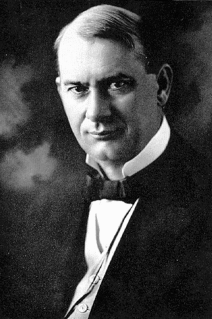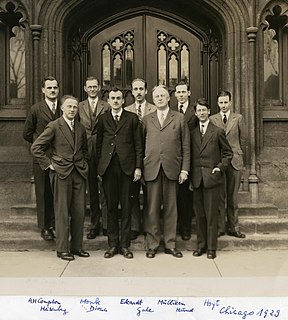A Quote by Friedrich Nietzsche
What are man's truths ultimately?
Merely his irrefutable errors.
Related Quotes
The ruin of a man's teaching comes of his followers, such as having never touched the foundation he has laid, build upon it wood, hay, and stubble, fit only to be burnt. Therefore, if only to avoid his worst foes, his admirers, a man should avoid system. The more correct a system the worse will it be misunderstood; its professed admirers will take both its errors and their misconceptions of its truths, and hold them forth as its essence.
But this same process of the old teaching the young can also cause errors and false conclusions to accumulate with the passage of time. One should therefore study ancient writings, not so much in the hope of finding lost wisdom as in the hope of locating the origin of errors that have been, and still are, accepted truths.
The study of the errors into which great minds have fallen in the pursuit of truth can never be uninstructive. . . No man is so wise but that he may learn some wisdom from his past errors, either of thought or action, and no society has made such advances as to be capable of no improvement from the retrospect of its past folly and credulity.









































